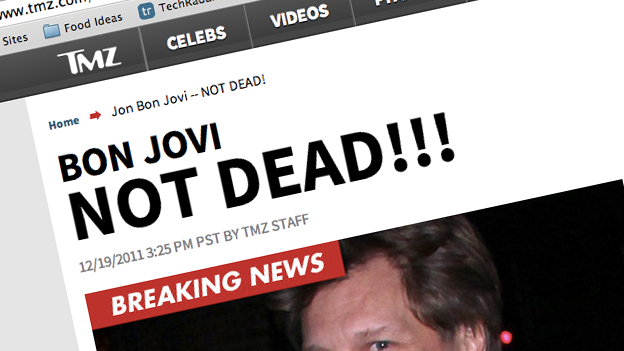The Defamation Act 2013: Impact on social media
Better protection for social media platforms?

The law on defamation has long been criticised as being outdated, costly and inherently unfair.
A lengthy campaign for change has resulted in the passing of the Defamation Act 2013 which came into force on January 1 2014. The new Act has made a number of important changes to the law of defamation and here we focus on the provisions which will affect social media platforms and their users.
A new defence for website operators
One of the most significant changes is the introduction of a new defence for website operators hosting user-generated content.
The operators will not be liable if they can show that they did not "post" the offending statement. In principle, this will therefore provide a certain level of protection to social media companies such as Twitter and Facebook where users post defamatory statements on their websites.
However, this does not mean there is blanket immunity for social media operators to host defamatory material.
The defence will be defeated if a claimant is able to show that it was not possible to identify the person who posted the statement, they notified the operator of the complaint and the operator failed to respond to the notice in the manner prescribed by the new Regulations (the Defamation (Operators of Websites) Regulations 2013).
These Regulations also came into force on January 1 2014 and require the website operator to act within 48 hours of receiving a complaint.
Sign up to the TechRadar Pro newsletter to get all the top news, opinion, features and guidance your business needs to succeed!
Protection for secondary publishers
Another way in which social media companies may benefit from the new Act is the protection offered to secondary publishers.
The court's jurisdiction to hear actions brought against secondary publishers is now limited to situations where it is "not reasonably practicable" for the claimant to pursue the primary publisher.
This means that the social media users who post the offending material will be seen as the appropriate targets for a defamation claim as primary publishers and only in limited circumstances will it be acceptable to pursue the social media operator as a secondary publisher.
Order to remove material
Where a successful defamation action has been brought by a claimant, the courts now have the power to order operators of websites hosting defamatory statements to remove them. For social media operators, this will mean that even if they can avoid liability for defamation by virtue of the provisions explained above, they may nevertheless be ordered to remove any offending material.
Conclusion
The new Defamation Act is intended to create a more balanced legal framework and appears to offer greater protection to operators of websites such as Twitter and Facebook.
However, there is still debate and uncertainty as to how certain parts of the Act will work in practice and a particular concern for social media operators will be unidentifiable posters of defamatory statements. The administrative burden of dealing with complaints in relation to such statements may be onerous therefore it is important that appropriate measures are in place to minimise the risk of litigation.
- Tom Lingard is a partner at Stevens & Bolton LLP. He advises technology clients on all aspects of intellectual property and technology law. He has extensive litigation experience and regularly advises businesses on the protection, exploitation and management of IP and technology.
- Tom Collins is a trainee solicitor in the intellectual property department at Stevens & Bolton LLP. He has worked on a number of defamation matters and has assisted with presentations and articles on the new Act.